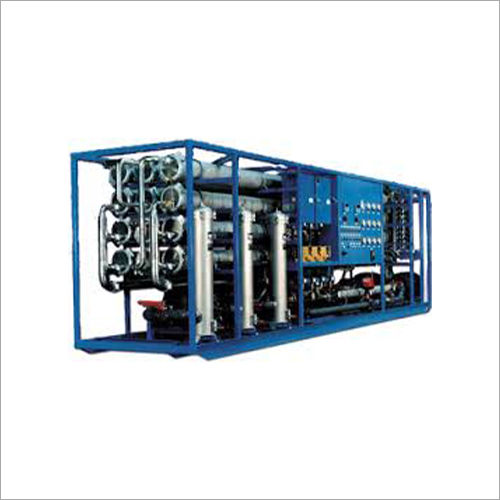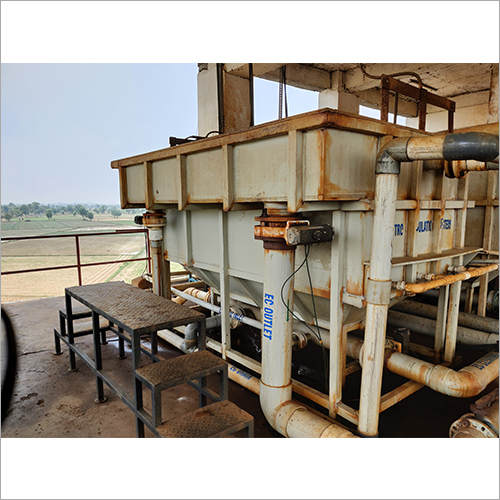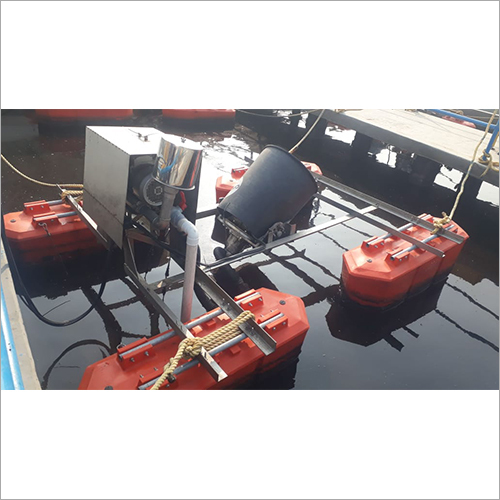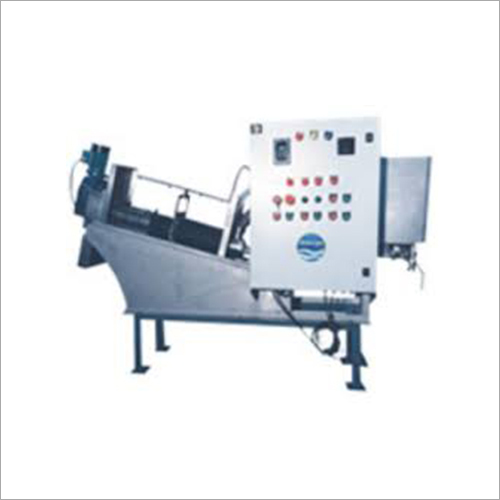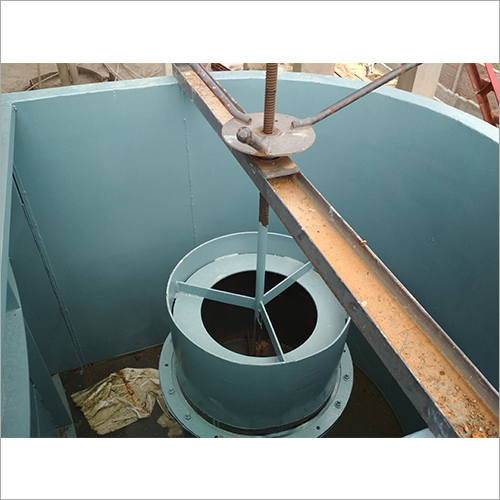RO Plant
Product Details:
- Drive Type Electric
- Water Source Ground Water
- Material SS And MS
- Voltage 220-240 Volt (v)
- Automatic Grade Full Automatic
- Click to View more
RO Plant Price And Quantity
- 1 Piece
RO Plant Product Specifications
- 220-240 Volt (v)
- SS And MS
- Full Automatic
- Ground Water
- Electric
RO Plant Trade Information
- Cash in Advance (CID)
- 1000 Piece Per Month
- 7 Days
- All India
Product Description
Pressure is used in the reverse osmosis process to push water through a semi-permeable membrane. Dissolved solids, pollutants, and bigger particles cannot travel through the membrane because it serves as a barrier that only allows water molecules to do so. Numerous contaminants, including salts, minerals, germs, viruses, and other dissolved compounds, are successfully eliminated by this separation procedure.
Typical components of a RO plant include the following:
1. Pre-treatment: To prevent the reverse osmosis membrane from becoming clogged or damaged, water is first processed to remove bigger particles, silt, and other impurities. Filtration, sedimentation, and disinfection are a few examples of the pre-treatment techniques that could be used.
2. Reverse osmosis Membrane: The reverse osmosis membrane, which is in charge of removing pollutants from pure water, is the brains of the RO plant. The membrane is made to reject dissolved solids and pollutants while allowing water molecules to pass through.
3. Pressure Pump: To exert the necessary pressure to force the water through the reverse osmosis membrane, a pressure pump is used. The extraction of pollutants from the water is efficient and effective thanks to the pump.
4. Storage Tank: The RO plant's purified water is kept in a storage tank for later use. The tank aids in ensuring a consistent flow of treated water.
5. Post-Treatment: To further enhance the quality of the filtered water, post-treatment procedures are occasionally used. This could involve sanitization, pH modification, or mineral addition to improve flavour and quality.
Water produced by RO plants is of a high quality and contains few contaminants. They are frequently used in processes including boiler feedwater treatment in power plants, drinking water purification, water bottling, food and beverage processing, and pharmaceutical manufacture.
It's crucial to remember that a RO plant's performance and capacity might change depending on elements including feed water quality, operating circumstances, and system design. For the plant to work at its best and last as long as possible, regular maintenance and monitoring are required.
Reverse osmosis technology is used in a RO plant, a type of water treatment system, to filter or desalinate water. It efficiently removes pollutants, impurities, and dissolved solids to produce high-quality water for a variety of uses.
FAQ
1. What is a RO plant, or reverse osmosis plant?
Ans - A reverse osmosis plant is a device used to clean water by filtering out pollutants and impurities. It functions by directing water through a membrane that is only semi-permeable to purified water.
2. What advantages come with employing a RO plant?
Ans - Reverse osmosis plants have a number of advantages, such as the elimination of pollutants and contaminants, enhanced water quality, and higher safety for drinking water.
3. How frequently should I maintain my RO plant?
Ans - To guarantee optimum operation and to replace any filters that may be soiled or worn out, it is advised to service your RO Plant at least once a year.
4. What kind of upkeep is necessary for a RO plant?
Ans - Changing or cleaning filters, checking for leaks, and ensuring the system is functioning properly are all part of routine maintenance for a RO plant.
5. Can I use any kind of water with a RO plant?
Ans - Any sort of water, including tap water, well water, and even water from a lake or river, can be used with a RO plant.

